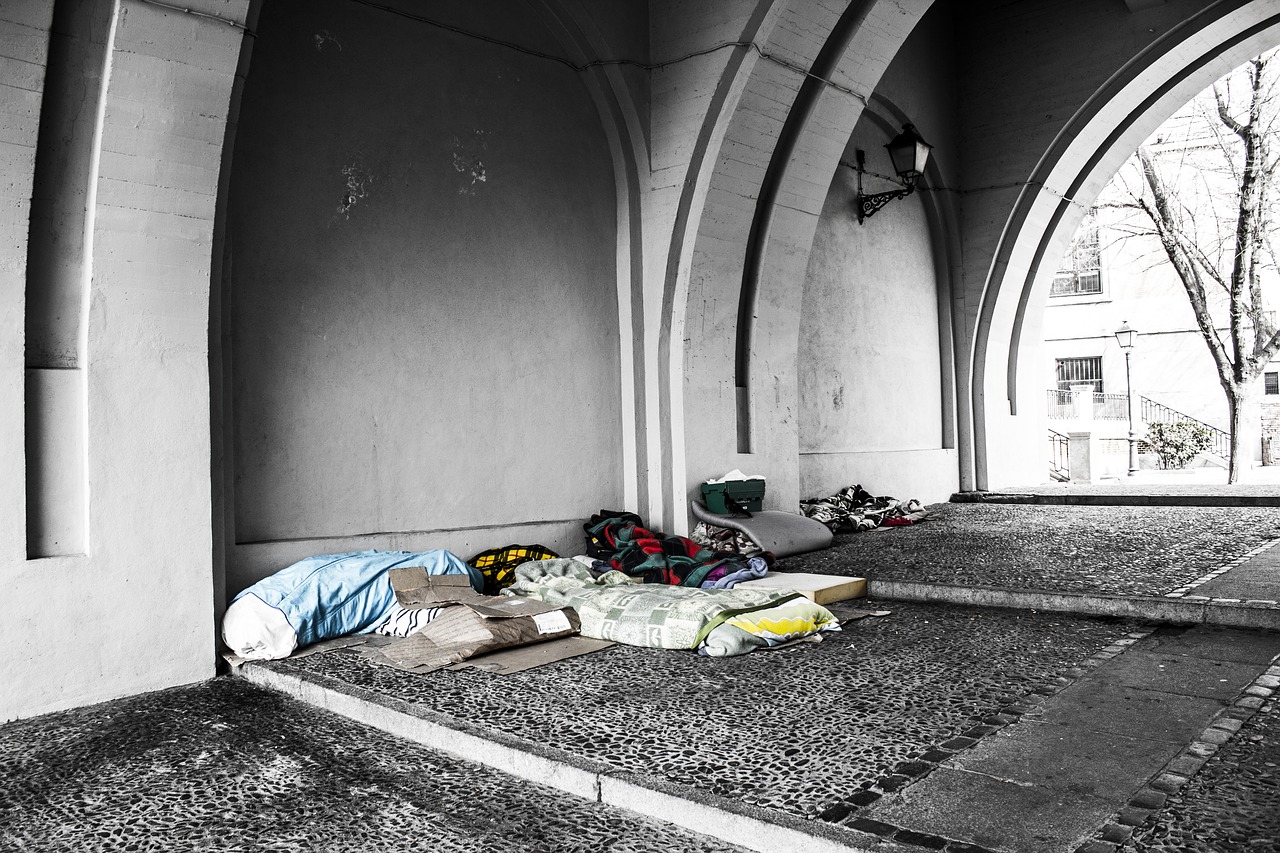Report exposes critical links between refugee resettlement and rising rates of UK street homelessness

A report released today by the Centre for Homelessness Impact sheds light on the challenges faced by refugees being resettled in the UK.
Exploring the connection between poverty, education, health inequalities and housing, the report emphasises the role housing plays in shaping the destiny of those on the edge of society. It highlights that refugees bear a disproportionate burden, often facing multiple challenges and disadvantages when trying to find stable accommodation.
Key findings from the report include:
- The correlation between the UK’s asylum system and a 223% increase in people sleeping rough after leaving asylum housing.
- Large-scale resettlement programmes, including the Homes for Ukraine schemes, leave people with an increased risk of homelessness due to a lack of support when people leave host households.
- Short move-on periods after asylum application decisions, welfare reforms, the right-to-rent policy, and family reunifications significantly contribute to housing instability for refugees.
- Housing challenges are intricately connected to broader societal issues such as education, health, and employment and refugees face heightened disadvantages in these key areas, impacting their ability to secure and stay in stable homes.
The report, which was written by academics at the University of Huddersfield, delves into statistics revealing a 223% surge in street homelessness for people leaving asylum between June and September 2023. This trend indicates a troubling link between the UK’s asylum system and the growing levels of homelessness.
The analysis brings attention to differences in how well different resettlement programmes work. Due to a lack of support during the move from temporary to permanent housing and a lack of appropriate and affordable accommodation, Afghan refugees faced prolonged stays in temporary ‘bridging accommodation’, while those in the Homes for Ukraine schemes faced a higher risk of homelessness after leaving host families.
Looking into why refugees in the UK might end up homeless, the report pinpoints certain factors that may contribute, such as the time it takes to find accommodation after an asylum application, changes in welfare rules, the policy about renting and family reunification. The study shows that people who become refugees through the asylum process often face more uncertainty and instability when trying to find a stable place to live.
Professor Philip Brown, from the University of Huddersfield and lead researcher on the project, said: “Those people who arrive in the UK to seek sanctuary have, over the last few decades, been increasingly finding themselves accommodated in precarious situations, often enduring homelessness. This is particularly common for those receiving refugee status after a decision on their claim for asylum. These are challenges shared by many people in the UK.
“A lack of social housing, low-pay work and a poorly resourced support system maintain common struggles. The lack of familiarity with UK systems, difficulty getting into employment and an often fledging grasp of English mean that, for refugees, they find things even harder.
“We hope that our analysis helps to see where things can be done to help refugees live their lives in peace. Many of these things will help everyone who is struggling to have somewhere safe to call home.”
Ligia Teixeira, chief executive of the Centre for Homelessness Impact, said: “This research allows us to better understand the lives of refugees in the UK and highlights the deep personal struggles that people are facing. It’s not just about statistics; it’s about individuals yearning for stability and security. To truly address this crisis, we must adopt a strategic approach to national and local refugee settlement.
“Increasing awareness of rights and providing tailored support are critical for supporting people on their journey towards stability. This involves empowering refugees with knowledge and resources and fostering agency in navigating their new lives.”
The report recommends practical measures for the sector. Among these are extending the move-on period, acknowledging the crucial role of social housing providers, and ensuring access to rights-based advice. By providing increased face-to-face support and building capacity within refugee communities, more thoughtful and effective approaches towards refugee resettlement can be created.









